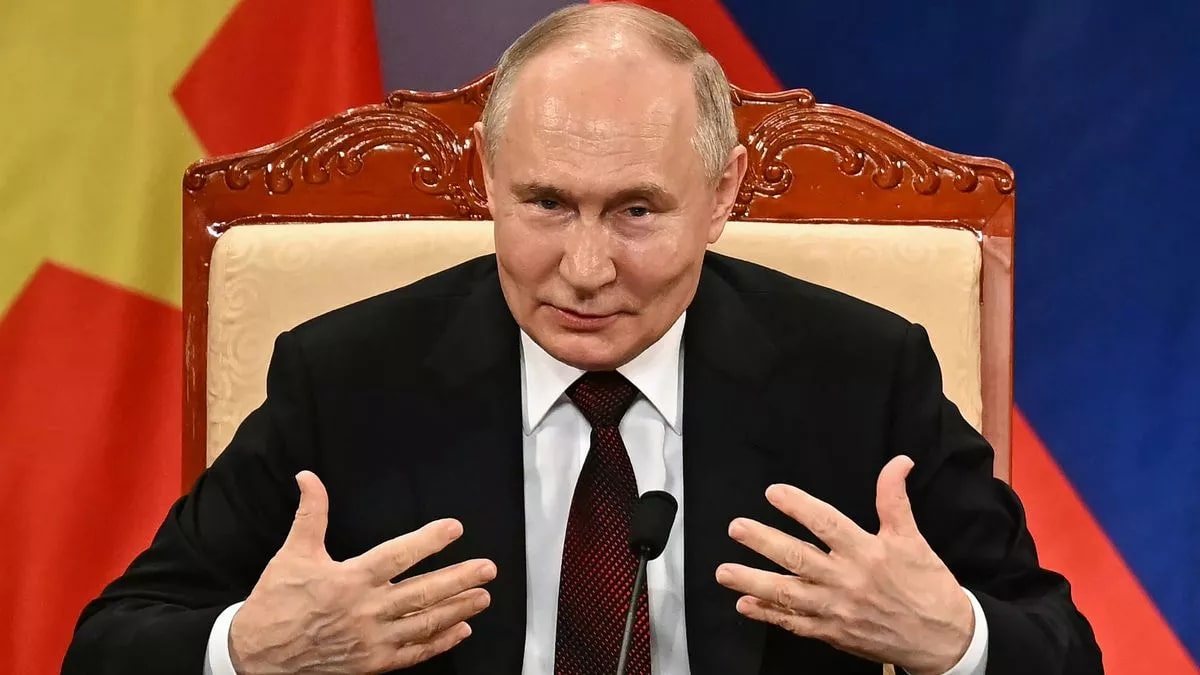(Moscow) – Amid growing concerns over Russia’s declining birth rate, which has been exacerbated by the ongoing war in Ukraine, the government is exploring a range of measures to address the issue, including the controversial proposal to establish a “ministry of sex.”
The idea of a “ministry of sex” is one of several unusual proposals being considered by Russian officials as part of a broader plan to reverse the country’s demographic decline. Nina Ostanina, a prominent Putin ally and chairwoman of the Russian parliament’s Committee on Family Protection, Paternity, Maternity, and Childhood, is currently reviewing a petition that calls for such a ministry. The proposal is part of ongoing efforts by the Kremlin to find ways to encourage Russian citizens to have more children, a problem made worse by the high death toll from the war in Ukraine.
Other proposals include drastic and bizarre measures such as cutting off the internet and turning off the lights between 10 PM and 2 AM to encourage couples to engage in sexual activity. In addition, there are suggestions that the state should provide financial incentives for stay-at-home mothers, compensating them for domestic work and including this in their pension calculations. Another idea is that the government should cover the costs of first dates, offering up to 5,000 rubles (approximately £40) to encourage romantic connections. The most controversial proposal is that public funds should cover the cost of wedding nights in hotels, offering up to 26,300 rubles (about £208) to newlyweds in an attempt to encourage procreation.
These proposals are part of a larger set of regional efforts aimed at increasing birth rates. In some areas, such as the Khabarovsk region, female students aged 18 to 23 are being offered 900 pounds for having a child. Other regions, such as Chelyabinsk, are offering more generous incentives, with a payment of 8,500 pounds for the birth of a first child. In some cases, officials have even gone so far as to suggest that procreation should take place during breaks at work, with one health official in Chelyabinsk urging that Russians take advantage of their coffee and lunch breaks to “engage in procreation.”
Meanwhile, in Moscow, the government is taking a more invasive approach by requiring women in the public sector to complete intimate questionnaires about their sexual and reproductive health. These forms, which are not anonymized, include a range of personal questions such as when they first had sex, whether they use birth control, and how many children they have or plan to have. Women who refuse to answer are reportedly being ordered to attend medical appointments, where they are asked the same questions by state doctors.
In addition to these intrusive surveys, Moscow has also begun offering free fertility tests to women. More than 20,000 tests have already been completed, with deputy mayor Anastasia Rakova proclaiming that the results show many women need to “abandon all things important to them” and focus on having children. This statement reflects the government’s insistence that increasing the birth rate is the primary goal for women, regardless of their personal circumstances.
Despite the Kremlin’s efforts, there is little acknowledgment of the factors that may be deterring people from starting or expanding their families, such as the trauma of the war, the loss of over 600,000 soldiers, and the emigration of more than a million young Russians to escape the conflict. These issues have had a profound impact on family life and the broader standard of living, but the government continues to push forward with policies aimed at boosting the population without addressing the root causes of the decline.




















